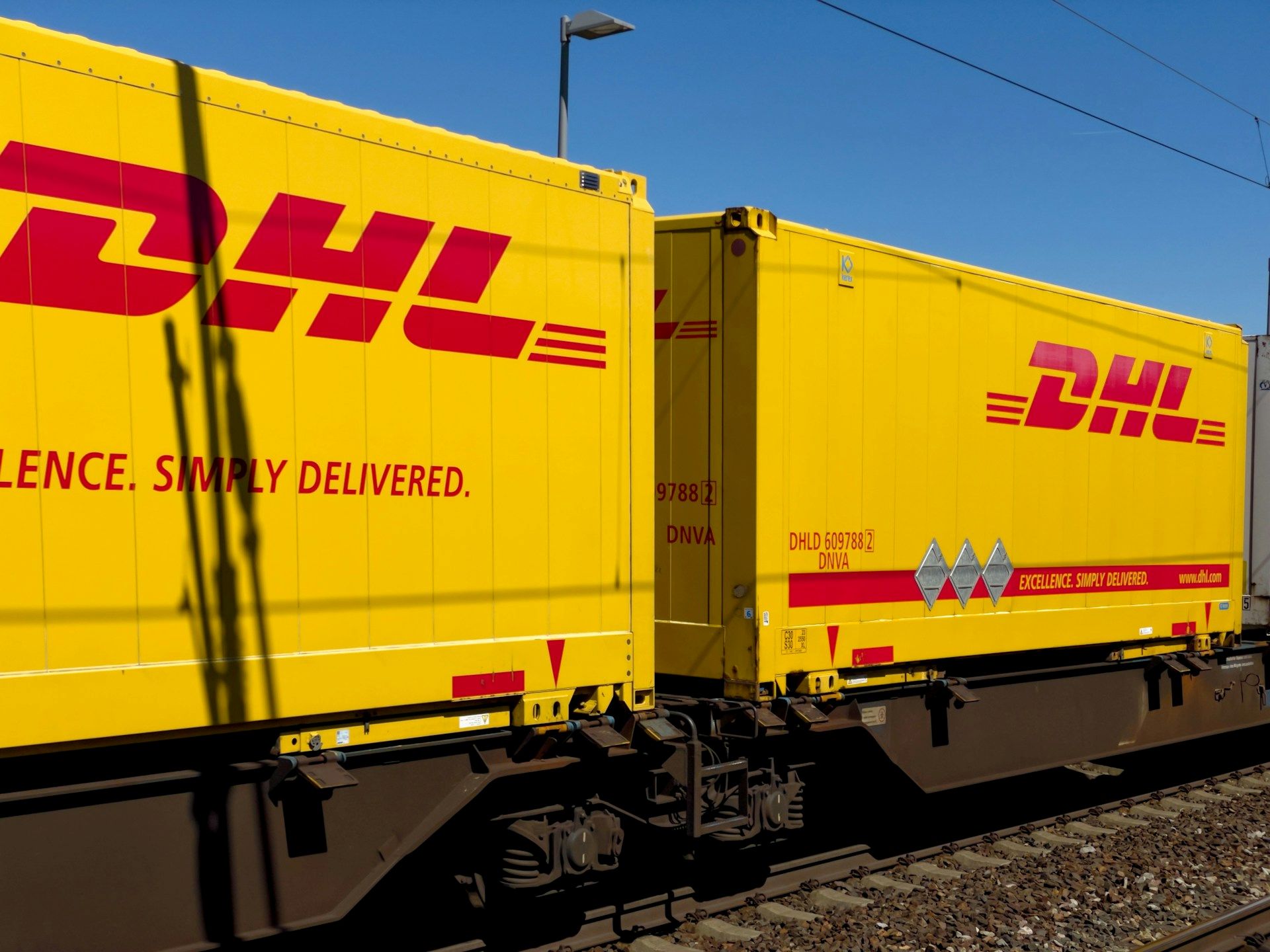India’s long-running courier antitrust dispute has taken an unexpected turn, with senior executives from FedEx, UPS, DHL, Aramex, and DTDC now set to face direct cross-examination by the Federation of Indian Publishers. The move follows a May order from the Competition Commission of India (CCI) granting the publishers the rare right to question company officials, reopening a case that had effectively been closed in 2022 when the CCI cleared the firms of collusion allegations. The shift signals a willingness by regulators to revisit decisions where procedural gaps or evidentiary shortcomings may have influenced earlier outcomes.
The publishers argue that the original investigation placed too much reliance on the courier companies’ oral statements, overlooking inconsistencies in testimony that could indicate anti-competitive coordination. By securing the ability to interrogate executives directly, they hope to draw out more detailed explanations of pricing and service agreements—evidence that could alter the CCI’s view on whether market manipulation occurred. For the companies involved, this represents both a legal and reputational challenge, with proceedings likely to be prolonged and outcomes uncertain.
This renewed scrutiny comes at a pivotal moment for the Indian courier industry, which is forecast to grow by 11% annually to reach $14.3 billion by 2030. As e-commerce expands and cross-border trade deepens, logistics providers are competing aggressively for market share, raising the stakes of any finding that might constrain operational freedom or lead to penalties. Legal experts note that the case could set an important precedent for how antitrust law is applied in fast-growing sectors where global and domestic players compete side by side.
The CCI’s decision also reflects a broader regulatory trend toward increased transparency and procedural fairness in complex commercial disputes. For multinational firms operating in India, the case serves as a reminder that compliance strategies must account not only for the substance of competition law but also for the evolving procedural tools available to complainants. How this confrontation plays out will be closely watched across the logistics, legal, and corporate governance communities, as it may shape both enforcement norms and corporate behaviour in one of the world’s most dynamic delivery markets.


